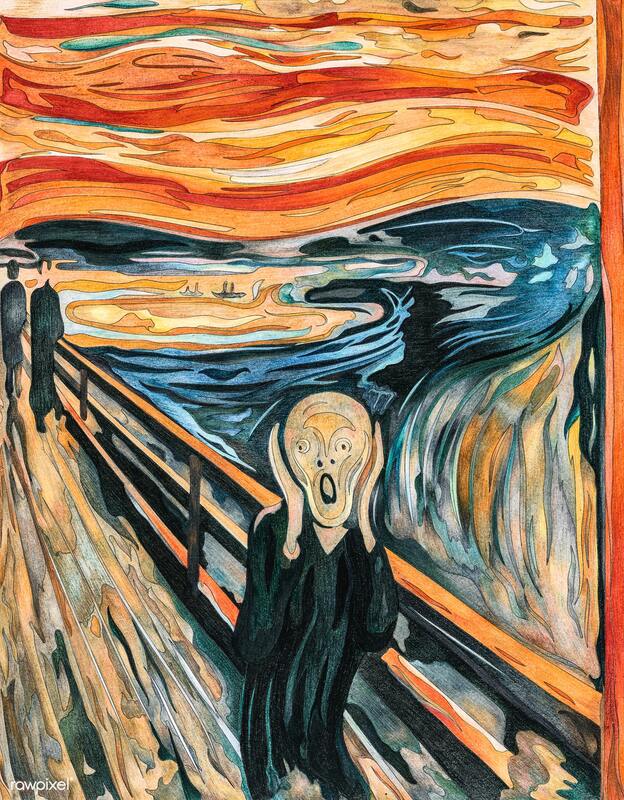|
Is horror the most philosophical genre? This question might seem strange to those who think of “horror” as the genre of B-movie gore fests and jump scares, but horror—especially horror literature—has a long history of drawing from and contributing to philosophy. In English-language literature, horror is the slimy beast that crawled from the eerie mists of the Gothic moors. In the 18th century, Gothic writers debated their novels in philosophical terms, most notably Anne Radcliffe who drew on Edmund Burke’s work to claim the right type of horror could lead readers to experience “the sublime.” Dante’s Inferno presented his vision of Satan which became hugely influential through the centuries. From the witch craze, to the Graveyard poets preoccupied with mortality and death, to the vampire stories that circulated throughout Europe, literature reflected and recorded the tales of horror, fear, and despair that gripped civilization at the time. Frankenstein, Mary Shelley’s novel of 1818, is perhaps the most famous example of early Gothic literature filled with ideas of life and death, defying nature, and man’s obsession with mortality. It is often regarded as the first true science-fiction story. Feeding on the blood of others with barely repressed sexual overtones, the 1897 novel Dracula by Bram Stoker became a huge influence on many literary traditions that followed. Edgar Allan Poe brought the Gothic tradition to the U.S. with his macabre tales. Since then, countless thinkers and theorists have examined different horror effects and ideas—Sigmund Freud on “the uncanny,” Julia Kristeva on “abjection,” Mark Fisher on “the weird and the eerie” —to the point that understanding horror sometimes feels like it requires a glossary. In more modern times, the very real horrors of World War II overshadowed fictional ones. Though Ray Bradbury and a few other significant authors continued publishing horror stories and science fiction, it wasn't until the 1950s that horror again hit a stride. Richard Matheson's 1954 I Am Legend was the first modern vampire novel, and Shirley Jackson's 1959 The House on Haunted Hill remains one of the most critically acclaimed genre novels of the past sixty years. Of course, no one in our time has mastered the genre better than Stephen King. His literary output falls into three types: The gross-out, the horror, and the genuine terror. From his earliest short stories to 1974’s Carrie, the teenager with telekinetic powers, to his latest work, Fairy Tale, King’s storytelling soars. His magnificent and terrifying tales stretch beyond our imaginations to worlds both gruesome and magical. What compels us to read these stories? Is it the darkness within us that seeks the chill of something brushing against our hand in the dark? The sight of spiders the size of humans, the dead waking up, or the severed head rolling down a flight of stairs? The serial killer who stares a little too long at your child in the grocery store? What makes us stay up late into the night, seeking the fear, the paranoia, the mysterious, the terror? Though horror has come a long way from its Gothic roots, there's no doubt that the genre will continue to flourish and evolve. If you're a writer looking to kick-start your horror story, here are 10 tips to unlock your inner ghoul: Read more If you're a fan of the spooky or the uncanny, would love to hear what your favourites are. Then I'll go hide under the covers. Happy Halloween! If you're enjoying this newsletter, share it with someone who’d like it too. They can sign up below. In the meantime, happy reading. Joni
0 Comments
|
Archives
July 2024
Categories |

 RSS Feed
RSS Feed
